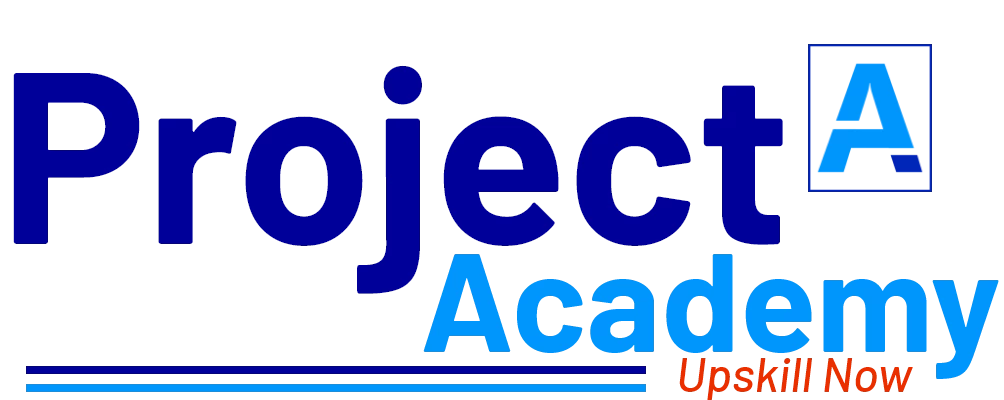Project Outline:
1) Development Phase:
The site should contain:
- Event Discovery: Users can browse through a list of upcoming events and search by location, date, genre, and other parameters.
- Event Information: Users can access detailed information about each event, including the event description, date, time, location, ticket prices, and other relevant details.
- Ticket Purchase: Users can purchase tickets directly through the platform, either by selecting specific seats or by choosing general admission.
- Payment and Confirmation: Once the tickets are purchased, users can make payment through the platform and receive a confirmation of their purchase.
- Event Attendance: On the day of the event, users can present their tickets at the venue to gain entry.
2) Testing Phase:
Conduct functional and usability testing.
Fix bugs and improve the website performance.
Applications
- Easy ticket booking: An event booking platform provides a user-friendly interface to book tickets online. Users can view available events, select the desired event, choose seats or tickets, and pay for the tickets securely.
- Seamless event management: Event organizers can use the platform to manage and promote their events effectively. They can create, manage and market their events to attract more attendees, track sales, and manage ticket inventory.
- Increased event visibility: Event booking platforms can help event organizers increase their event visibility to a wider audience. These platforms typically offer search and filter features that allow users to find events based on location, date, and type of event.
- Real-time updates: The platform can offer real-time updates and notifications to users about their bookings, including event details, cancellations, rescheduling, and other important information.
- Customer insights: An event booking platform can provide valuable insights to event organizers about the attendees, such as demographics, ticket sales trends, and customer feedback. These insights can be used to improve future events and marketing strategies.
- Integration with other platforms: Many event booking platforms offer integration with other platforms like social media, email marketing tools, and CRM systems to help event organizers promote their events more effectively
Hardware and software requirements:
Hardware requirement
A laptop with:
- At least Intel i3 core processor.
- A minimum of 4GB RAM
- Hard disk with at least 200GB of storage
Software requirement
- Web Server: You need a web server to host your website. Popular web servers include Apache, Glass Fish, etc.
- Programming Language: You will need a programming language to build the website. Popular languages include PHP, Python and Java.
- Database: You need a database to store the recipes and other website data. Commonly used databases include MySQL, PostgreSQL.
- Content Management System (CMS): You can use a CMS like WordPress, Drupal, or Joomla to manage the content of your website and create pages.
- Frameworks: You can use a web application framework to simplify the development process. Popular frameworks include Laravel, Django and Spring.
- Front-end Technologies: You need front-end technologies like HTML, CSS, and JavaScript to build the user interface of your website. You can use a front-end framework like React or Angular to simplify this process.
- Payment gateway integration: To enable online payments, a payment gateway integration like PayPal, Stripe, or Braintree is required.
Tool:
A modern web browser, integrated development environment (IDE), and text editor are essential tools for web development. Popular IDEs include Visual Studio Code, Atom, and Sublime Text, while popular text editors include Notepad++, Brackets, and TextMate.
Technology:
Full stack technology refers to the entire depth of a computer system application, and full stack developers straddle two separate web development domains: the front end and the back end. The front end includes everything that a client, or site viewer, can see and interact with.
What You’ll Learn after doing this project?
- Web development skills
- UI design
- User experience design
- Project management
- Content management
- Problem solving



